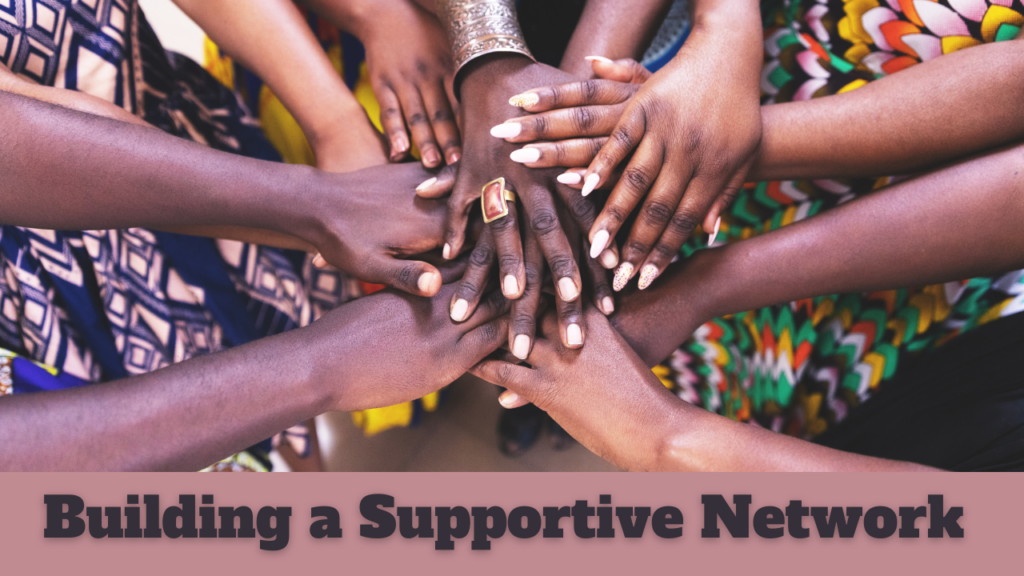No words can fully describe the myriad of emotions that come with getting diagnosed with cancer. For some people, it’s a mix of self-directed anger and hopelessness. For others, it could be resentment and guilt for certain lifestyle choices. A cancer diagnosis is as life-changing mentally as it can be physically and coping with it can be just as challenging.
In this article, you will find specific ways by which you can cope after a diagnosis, starting with a loving, supportive network and some much-needed professional help.
A supportive network makes all the difference
Anger and guilt are not the only emotions that come with a diagnosis. For many patients, a smaller yet profound emotion exists: loneliness. But feeling alone does not have to be the norm, especially while you’re still coming to terms with this phase of your health. There are several ways to find community; one is by involving your family and friends in your journey.
Letting your loved ones help
Cancer and cancer treatments can cause your body to change rather quickly. You might find that you’re unable to do as much physical activity as you used to, or you’ll find that you have a couple more doctor appointments than usual. All of these changes could also happen faster than you can keep up with, so you might need all the help you can get.
This help can come in two ways: talking to your loved ones and letting them help you with tasks. Talking to a loved one, like a partner or a best friend, about your changing health and your fears about therapies can be tough, but it helps redirect your focus and gain clarity or motivation for your treatment journey.
However, if you’re not in the space to talk about it, letting your friends and family help in their different capacities can help you leverage your supportive network. Whether it’s grocery shopping, picking up your kids from school, or taking you to tests and appointments, let your loved ones in, and do not feel like you need to do it all on your own. Other less chore-focused ideas for allowing your loved ones in include asking them to set up movie or date nights after treatment days or reading and discussing a new book with them.
It might not seem like it, but cancer also affects the people around you. So bringing them in on the process is a step forward in coping with your diagnosis.
Joining support groups
Friends and family can help you adjust, but the emotional baggage of a cancer diagnosis is one no one else can understand. Well, except for another cancer patient. The bonding that comes with having similar experiences is why being and participating in support groups and communities with other cancer patients remains one of the best ways to build a supportive network and cope with your diagnosis.
Support groups offer a safe space for cancer patients (and relatives of cancer patients) to share their experiences with cancer, their best practices for living with the disease, and make friends and connections during and even after the course of treatment.
These support groups can be held online or in physical meetings in your area. Here at Oncopadi, patients get to join the S.O.A.R. Champions, an in-person and online community that supports, cares for, and provides warmth to members at different phases of cancer treatment.
Get a hobby or two
Cancer can be life-changing, but it doesn’t have to dictate how you spend all of your time. If you’re seeking other ways to cope with a diagnosis, consider taking your mind off with a shared hobby. It could be a physically engaging one, like walking with a partner or a fellow cancer patient-turned-friend. It could also be a gentler course like crocheting and sharing your latest creations online. Whatever it is, getting creative and sharing your creativity can help you cope with the diagnosis while building a network of patients and friends with shared interests.
Cope with some professional help
Surrounding yourself with friends, family, and a support group is fantastic, but getting professional help will provide even more guidance. You can get professional help from your doctor, a psycho-oncologist, or counselling sessions.
Ask your doctor questions
Knowing the extent of your cancer progression and the treatments you’ll need provides more context to your diagnosis, and speaking with your doctor is the best way to obtain such information.
“What cancer do I have?”
“How much has it progressed?”
“What treatments will I be needing?”
“What side effects of treatment do I need to look out for?”
The answers to these questions can help you understand your diagnosis and spur you to a better mental state during treatment.
Talk to a psycho-oncologist or a counselor
Psycho-oncologists specialize in the psychosocial impact of cancer and cancer treatments on their patients, and they’re an excellent fit for working through a diagnosis. You can discuss everything with your psycho-oncologist, even the more awkward stuff like bodily changes and tips for thriving during and after treatment.
Counselling services with a trained counsellor or a therapist can also help you work through any anxiety, resentment, or anger you may be experiencing.
At Oncopadi, we help you manage your emotional well-being with calm and clarity. Begin your journey to wellness here.
Have any questions or need some help working through your diagnosis? Feel free to book a session with our psycho-oncologist or Learn more about the stages of dealing with a cancer diagnosis.

